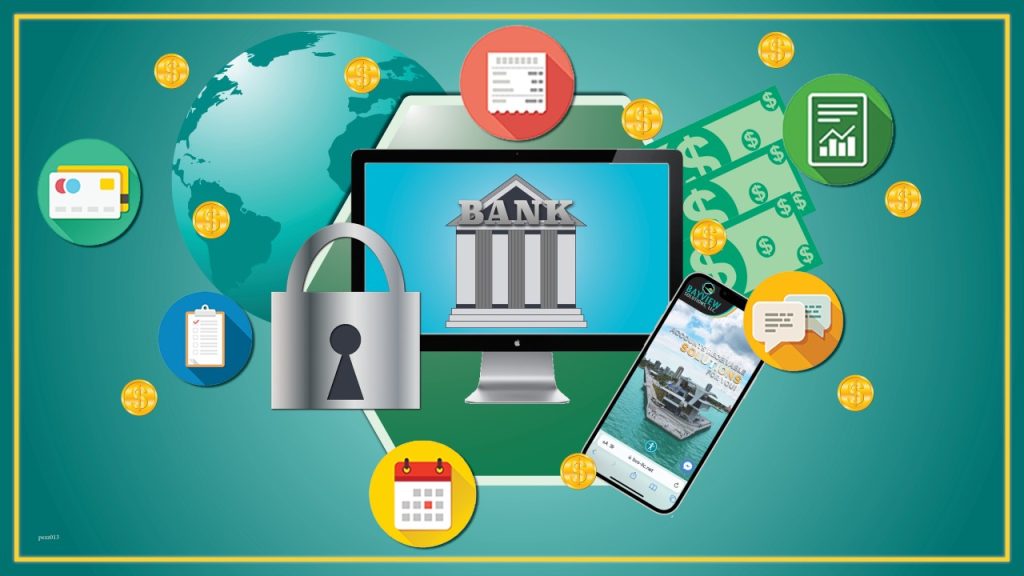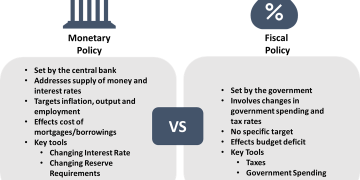1. Current Landscape: Traditional Banking in the Digital Age
Banking, for the longest time, has been associated with brick-and-mortar institutions, rigid regulations, and centralized financial systems. However, in the past few years, this traditional system has been undergoing profound transformation:
- Digitalization of Banking Services: More consumers are banking online, with mobile apps allowing easy access to accounts, payments, and loans.
- Fintech Growth: Startups in the financial technology (fintech) sector have revolutionized everything from peer-to-peer lending to mobile payments.
- Traditional Banks’ Response: Many legacy institutions have invested heavily in digital transformation, offering mobile banking, contactless payments, and AI-powered customer service.
This shift is disrupting the entire financial ecosystem, as new players challenge the status quo.
2. Technology in Banking: Paving the Way for Change
The adoption of technology has been at the heart of banking’s evolution:
- Artificial Intelligence (AI) and Automation: AI is transforming how banks offer personalized services, predict consumer behavior, and detect fraud.
- Blockchain Technology: Blockchain is being explored for improving security, transparency, and efficiency in financial transactions.
- Cloud Computing: By moving their operations to the cloud, banks can lower costs and improve scalability while offering better security and flexibility.
Technology is enabling financial services to become more inclusive, efficient, and accessible.
3. The DeFi Revolution: A Shift to Decentralized Finance
Decentralized finance (DeFi) is one of the most significant disruptors of the traditional financial system:
- What is DeFi? DeFi uses blockchain technology to offer financial services without relying on intermediaries like banks. Platforms like Uniswap and Aave allow users to trade, lend, and borrow cryptocurrencies directly from one another.
- Smart Contracts: The backbone of DeFi, smart contracts automatically execute transactions based on preset conditions, cutting down on paperwork and human intervention.
- Tokenization of Assets: Real estate, art, and even stocks can be tokenized and traded on blockchain platforms, creating liquidity in markets that were previously illiquid.
DeFi is empowering individuals to take control of their own finances and is slowly making traditional banking systems obsolete.

4. Case Studies: DeFi Platforms and Traditional Banks’ Digital Transformation
4.1 DeFi Case Study: Uniswap and Compound
- Uniswap is a decentralized exchange that allows users to swap various cryptocurrencies directly without the need for an intermediary. Its liquidity pools and smart contracts have challenged centralized exchanges like Coinbase.
- Compound is a decentralized lending platform that allows users to earn interest on their crypto holdings and borrow assets without a traditional financial institution.
4.2 Traditional Banks Adapting to the Digital Age
- JPMorgan Chase: The bank has embraced blockchain technology by creating its own digital currency, JPM Coin, to facilitate instantaneous cross-border payments.
- HSBC and BBVA: These banks have been using blockchain for trade finance, reducing the time it takes to complete cross-border trade transactions.
5. Future Outlook: What Lies Ahead for the Future of Banking?
The future of banking will be shaped by continued digital innovation and the rise of decentralized finance:
- Convergence of Traditional and DeFi: We may see hybrid models where traditional banks offer decentralized products, and DeFi platforms evolve to offer more mainstream services.
- Increased Regulation: As DeFi continues to grow, governments and regulators will likely impose frameworks to ensure security and protect investors.
- AI-Driven Financial Services: AI will continue to revolutionize the customer experience in banking, from personalized financial advice to predictive lending models.
6. Conclusion: A Brave New World for Financial Services
The future of banking is set to become far more decentralized, personalized, and secure. As technology continues to reshape the financial industry, both traditional institutions and new fintech players will play crucial roles in defining how we access and manage money. The rise of decentralized finance represents a massive shift toward a more inclusive financial system—one that empowers individuals and removes the need for central intermediaries.
















































